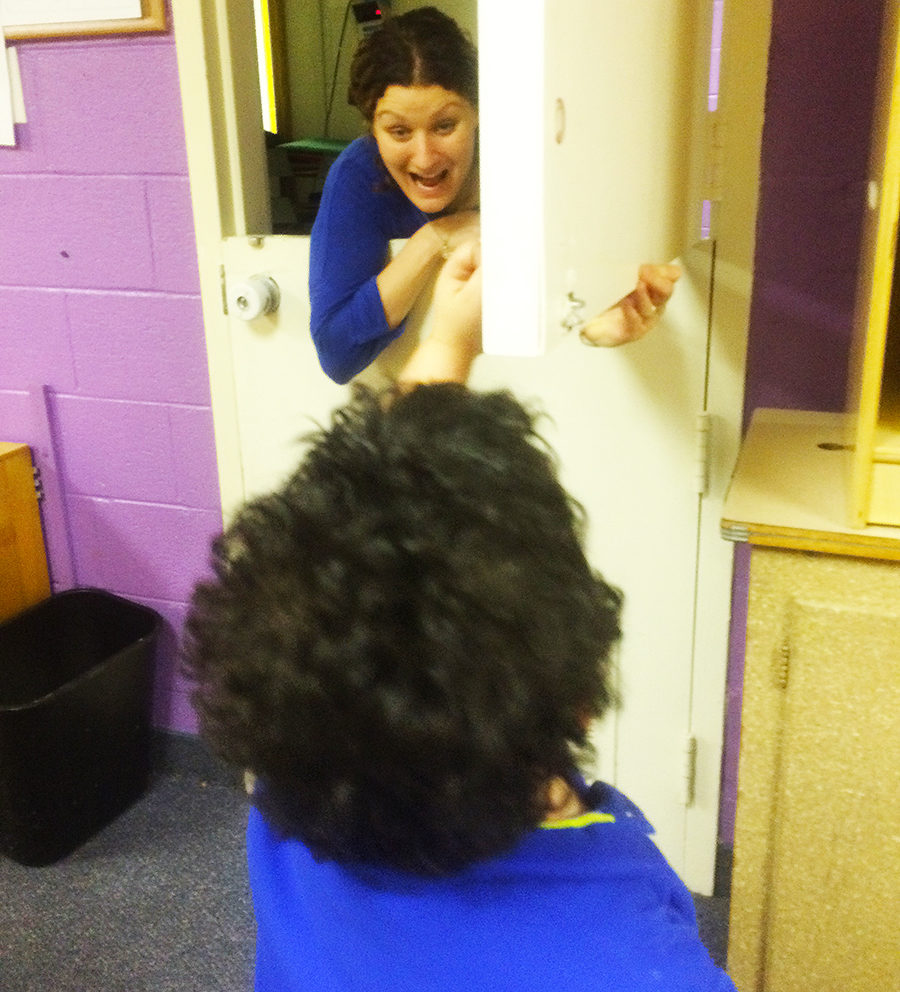March 12, 2015
 SCAN kicked off its first parenting class of the year on February 5th using The ABCs of Parenting from the evidence-based Nurturing Parenting Program®. This 8-week program is designed to empower parents by providing them with effective parenting skills and techniques. The length of the program provides the group enough time to delve into the core curriculum lessons while also allowing relationship-building among parents and their facilitator.
SCAN kicked off its first parenting class of the year on February 5th using The ABCs of Parenting from the evidence-based Nurturing Parenting Program®. This 8-week program is designed to empower parents by providing them with effective parenting skills and techniques. The length of the program provides the group enough time to delve into the core curriculum lessons while also allowing relationship-building among parents and their facilitator.
During this first series of 2015, we have had the privilege to meet and work with nineteen Spanish-speaking parents and their families. We can’t believe how quickly we have reached our half-way point. As we do for all programs, we evaluate and–if necessary–re-tool our activities throughout the series. With that in mind, we asked our Parent Education Team to take a moment and share tips and lessons learned from this and past parenting classes. With over 40+ years of combined experience, they had plenty to share!
Whether you are new to program implementation or an experienced facilitator or program coordinator, here are some tips you can consider as you implement similar programs.
- Know your audience. Being familiar with participants’ cultural backgrounds, genders and language differences is something we all know as critical for a facilitator to be aware of before walking into a class. However, there are other nuances to consider. For example, some individuals may have been placed in a class unwillingly by the court. They can bring a negative attitude and influence to the group. The challenge is finding a way to engage those parents and help them focus on the positive things they will gain from participating, instead of who or what brought them to the group.Our team recommends acknowledging their feelings. For example, “For some of you it may feel hard to fit this commitment into your schedules each week. I promise we are going to have some interesting conversations and a few laughs and before the end of this class you will likely look forward to these evenings we have together.” It is also helpful to express value in their presence. For example, you could say “In my experience, everyone brings value to these conversations and I encourage you to participate in discussions openly and honestly. Your wisdom and experience may be what helps another parent get through a challenging time.”
- Set expectations for the group. Each person, including the facilitator, will have their own expectations about the class. As the leader of the group, set the expectations early on. This can be done during pre-registration and during the first session when ground rules are established.
- Integrate relevant news. If you are working with an evidence-based curriculum you may be hesitant to integrate outside sources of materials such as news articles, quotes from well-known individuals or community members. Our team believes doing so provides an interesting and fresh take to each class. Integrating real-world situations and discussion enhances your message and supports the idea that there are others outside of the group talking about the issue.
- Have conversations, not lectures. Build structured conversations and activities into the sessions, rather than just lecturing. Create opportunities for the participants to contribute their relevant life experiences to the class. Enjoy and value their participation and let them know it.
- Set a chain of communication and check-in regularly with your team. When running any sort of program, the team needs to be on the same page. Establish clear roles for your volunteers and staff. Then designate a chain of communication. Ideally this should be set up days prior to the first class. A short debriefing at the end of each class allows staff and volunteers to bring up any challenges they are encountering and as a group find a way to address it before the next class.
- Working with children?
- Say it with enthusiasm! When you are leading a children’s program, act with the poise and enthusiasm that you want to see reflected in the children and childcare volunteers. For example, if you are introducing a new game to kids and you show your excitement about how you have the coolest game in the world to share with them, then the kids will also be excited about it. Really, if you sell it right, you can get kids to do any sort of game or activity!
- Be flexible. Kids’ moods, likes and desires can all change in a flash and you need to be able to change with them. Don’t be upset if things don’t go the way you planned. Always have a backup game, activity or craft ready to go at all times.
- Have a sense of humor. Nothing ever goes exactly as planned. Weather delays/cancellations, unexpected logistics challenges, and volunteer cancellations have all caused havoc at some point in the life of a program. There are times we just need to take a breath, have a laugh and realize that when the program is supported by great staff, volunteer, and partners who have a common goal and belief in a mission, it will all eventually work out. (And if we can’t model flexibility, patience and humor for parents, then who can!?)
Have you worked with children and parents before? What are your best practices for connecting with families and making a lasting impact? We’d love to hear in the comments below!
– Marisol Morales, SCAN Parent Education Program Manager
